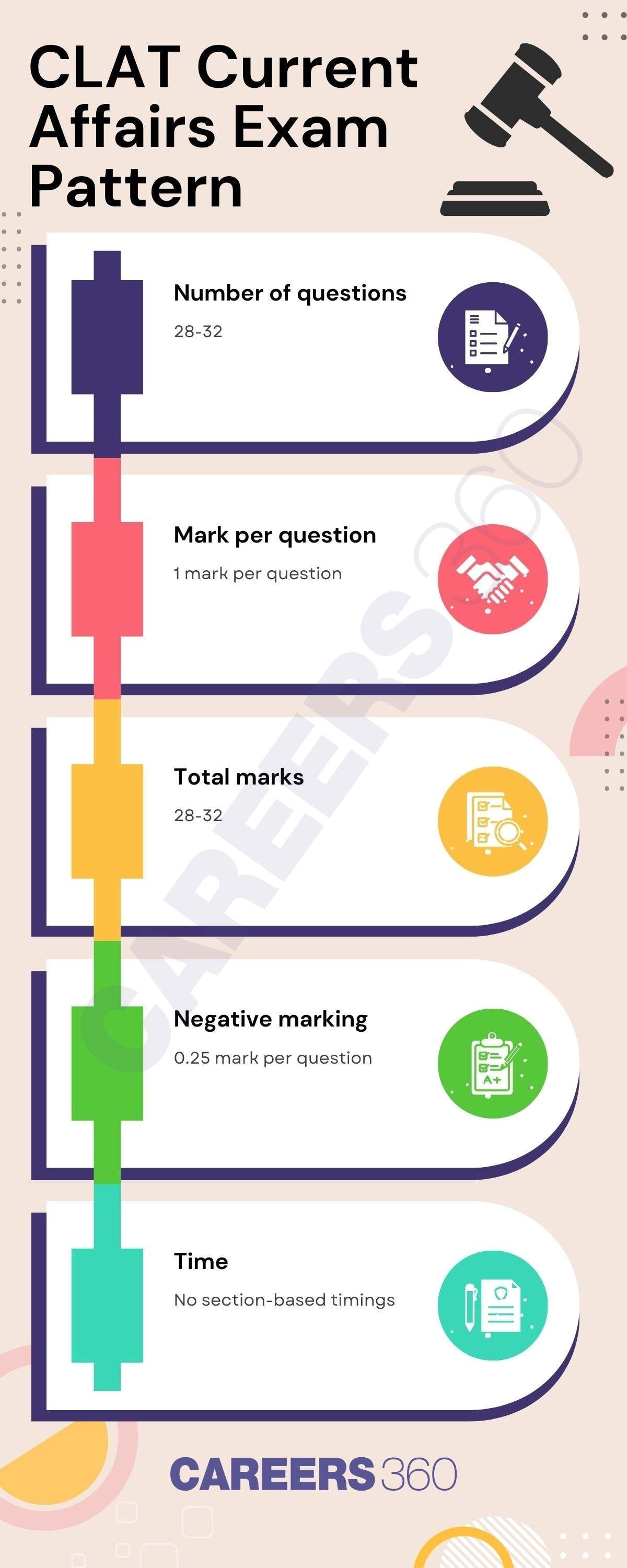Read the passage and answer the question that follow.
Natural justice is another name for common sense justice rules of natural justice are not in codified form these principles are embedded or ingrained or inbuilt in the conscience of human beings. It supplies the omission made in codified law and helps in the administration of justice. Natural justice is not only confined to ‘fairness’ it will take many shades and colours based on the context. Thus natural justice apart from ‘fairness’ also implies reasonableness, equity and equality. They are neither cast in a rigid mould nor can they be put in a legal straitjacket. These principles written by nature in the heart of mankind, they are immutable, inviolable, and inalienable.
It is true that the concept of natural justice is not very clear and, therefore, it is not possible to define it; yet the principles of natural justice are accepted and enforced. In the case of Ridge V. Baldwin Court observed that “in modern times have sometimes been expressed to the effect that natural justice is as vague as to be practically meaningless. But I would regard these as tainted by the perennial fallacy that because something cannot be cut and dried or nicely weighed or measured therefore it does not exist”. The term natural justice signifies fundamental rules of judicial procedure and fair play in action. According to Lord Widgery “the principles of natural justice were those fundamental rules; the breach will prevent justice from being seen to be done”. Earliest expression of ‘natural justice’ could be found in the philosophical expression of Roman Jurist (jus natural) and signified rules and principles for the conduct of man which were independent of enacted law or customs and could be discovered by the rational intelligence of man and would grow out of and conform to his nature.
The rule against bias that surfaced in 1610 in Dr Bonham's Casewhere Chief Justice Coke went so far as to say that the Court could declare an Act of Parliament void if it made a man as judge in his own cause, or otherwise ‘against common right and reason’. This was one of his grounds for disallowing the claim of the College of Physicians to fine and imprison Doctor Bonham, a Doctor of Physics of Cambridge University, for practising in the city of London without the licence of College of Physicians. The statute under which the College acted provided that fines should go half to the King half to the College so that the College had a financial interest in its own judgement and was judged in its own cause.
Question:
X was a renowned cricketer in the 1980s. His son Y is a struggling cricketer who has been trying to get into the national team for many years. In the year 2020, X is appointed as a member of the selection committee. In the match which is supposed to decide the final team of the nation, Y scores a century and Z scores 65 runs. However, Z is selected to represent India and Y is not. Y now appeals against the decision, the main ground being the presence of X in the committee. Decide.
Option: 1 The appeal will stand as Y scored a century yet Z was selected after scoring 65 runs
Option: 2 The appeal will be quashed since X’s presence should have benefitted Y, but it didn’t, hence the rejection of Y is valid
Option: 3 The appeal will stand as X’s presence is a factor of bias
Option: 4 The appeal will be quashed since X was a renowned cricketer


